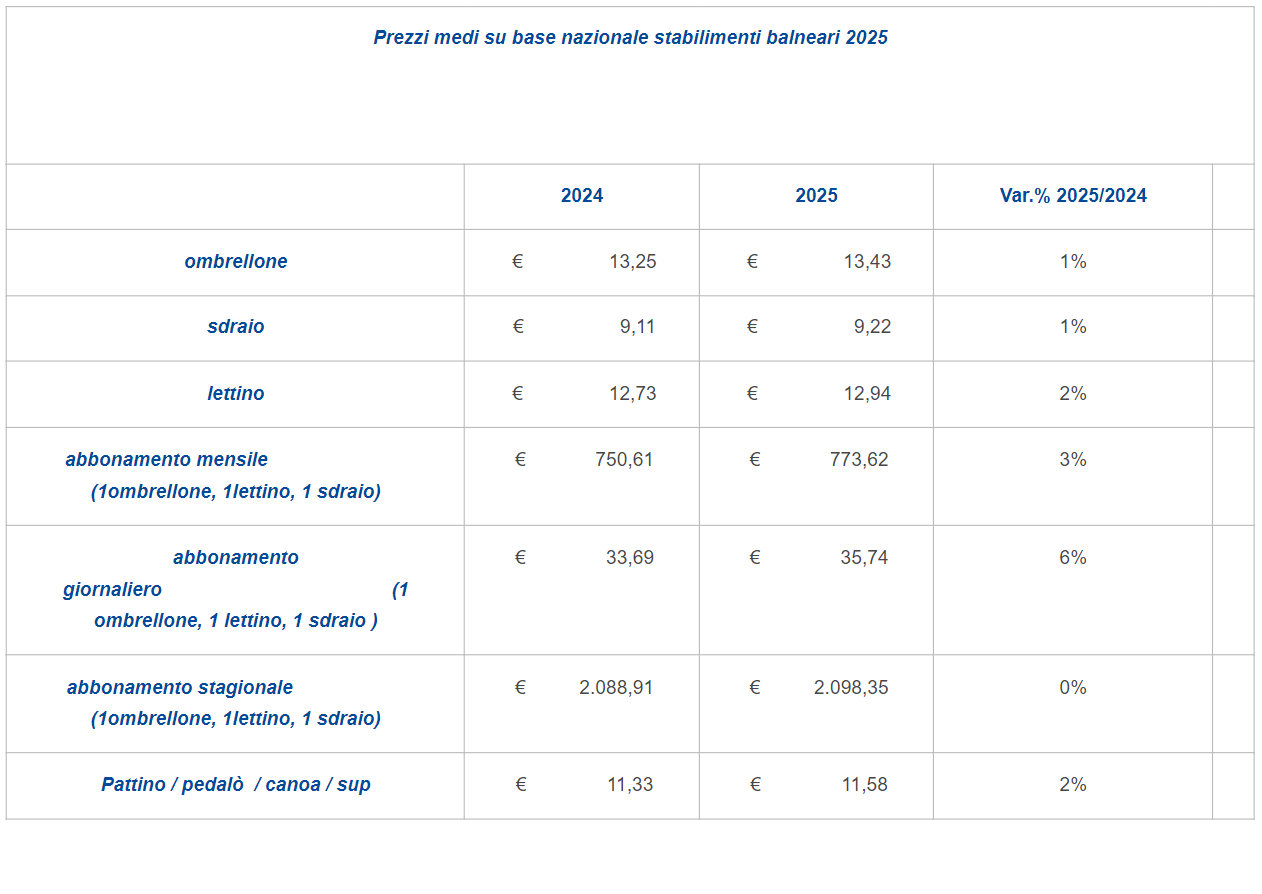The EU Bazooka against the USA: how « digital excise duties » work (and why each of us has an advertising value online)

Whenever we buy a product or service on the net, we download a video or software, navigate on the web we produce information that is worth a lot of money. How to calculate its value and then tax it?
The offensive duties supported by Donald Trump’s America First, as has been understood byunusual calculation algorithmit focuses on commercial exchanges, on the imbalance of flows « from » and « verse » America. But if the EU exports to the United States is almost entirely composed of goods – targets of customs taxation – on the Atlantic route in the opposite direction above all travel services dematerialized, digital, indifferent to customs.
The flop of the national web taxes
To fill this united kingdom asymmetry, France and Italy have passed the national web tax in early 2020 which, however, have so far produced a low revenue. The problem is the determination of the extracted value, even if in reality the advertising market has long been assigned a price to what is apparently transferred for free. Therefore, that service has a value and is determined by advertising, that is, by how much that profile is sold on the market.
How much the big tech pay in Italy
From 2020, however, in Italy the tax on digital services (ISD) has been in force, which taxes for 3% tax deriving from personalized online advertising, intermediation services between users and data transmission for groups with more than 750 million turnover (We had written here). Among the comparable European taxes, ours, records a punctual analysis of the public finance observatory of the Catholic Universityis the one that derives less revenue in relation to GDP (0.020% in 2023), but « the difference with France (0.026%), in the lead in this special ranking, is low » (here the piece that illustrates the data). The revenue of the Italian tax is growing. It is around 400 million, but it remains much lower than the initial estimates of 708 million per yearwhich proved to be optimistic (the initial estimates were contained In the illustrative report to the bill of integrated budget 2020).
Internet the humanity market
Search engines, mail, destination, Apple News, Amazon, Twitter, Google Maps: all services that we use daily without paying anything. But do these giants that make technologies like Campania available to us? Filling the advertising screens (We had written here in a Dataroom investigation with Milena Gabanelli). Internet is the largest market in the history of humanity and has learned to exploit all the personal information produced every time we clickelaborating them in algorithms capable of orienting needs, social behaviors and also influence political choices. It is called « profiling »: a well -requested goods from thousands of companies and pressure groups.
Our profile sold several times
Each single profile can be sold several times, producing a revenue each time for a different actor of this global chain generated without our knowledge. This replicability makes our profiles the most scalable and profitable good. The multitude of connected devices that are growing exponentiallypowered by an increasingly faster computational power, allows Amazon, Google, Meta, Microsoft, Tiktok to exploit these data mines, becoming more and more sophisticated in the control of integrated technologies between the web and mobile. Whenever we buy a product or service on the net, we download a video or software, we exchange photos or tweet, navigate on the web looking for structured answers, or we store our content on a cloud, produce information who are worth a lot of money (Here how this mechanism works).
The road of digital excise duties
That’s why subversive retaliation is making its way to Europe. TOThe moment was frozen given the suspension of three months of the duties by the US President. But the hypothesis is still on the table and several times in Brussels they have defined it as the real bazooka To induce the White House to myth advice. It would be a matter of taxing the « digital value » extraction of a country exactly as if it were the extraction of mining or fuels. You could do it with « digital excise duties ». The question is: can the value produced by the profiling of each of us be taxed? In Brussels they are convinced of yes.
READ ALSO
-
Trump: « Soon the tariffs on drugs, we will produce them alone ». Bags, Wall Street closes upwards
-
Trump, ovation at the Miami stadium. And it promises news on the chips. Smartphone, Lutnick brakes
-
What is the « Bazooka » of the EU, the anti-coercion tool to be used in the US duties war
-
Because Italy and Germany are the countries most damaged by duties: numbers and percentages
-
Because China thinks they win (however) the challenge of duties with the USA
-
From the big names of Wall Street the recession alarm: « not short -term domino effect »




:format(webp)/s3/static.nrc.nl/images/gn4/stripped/data133399265-86d73b.jpg)


